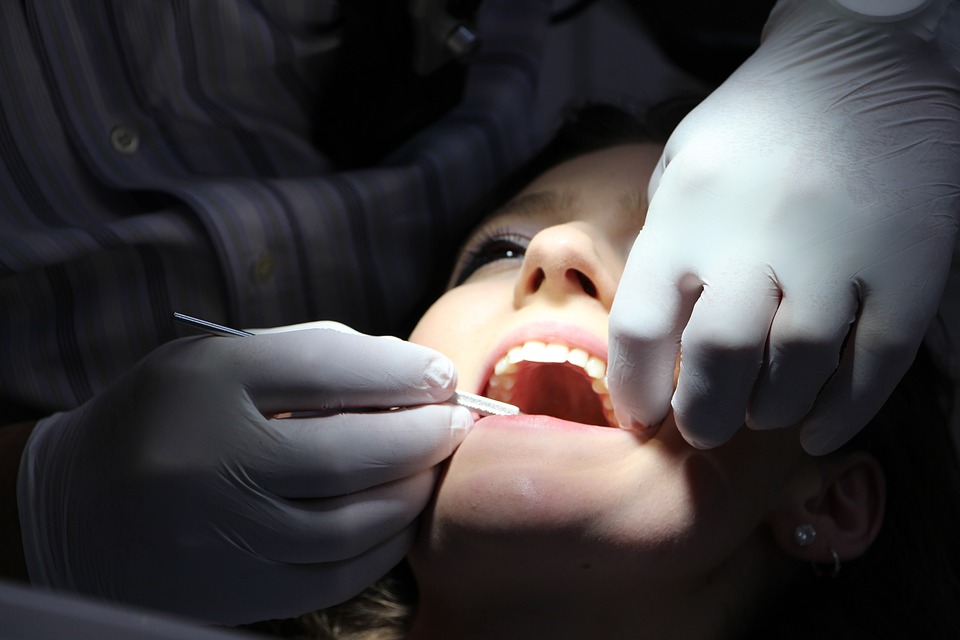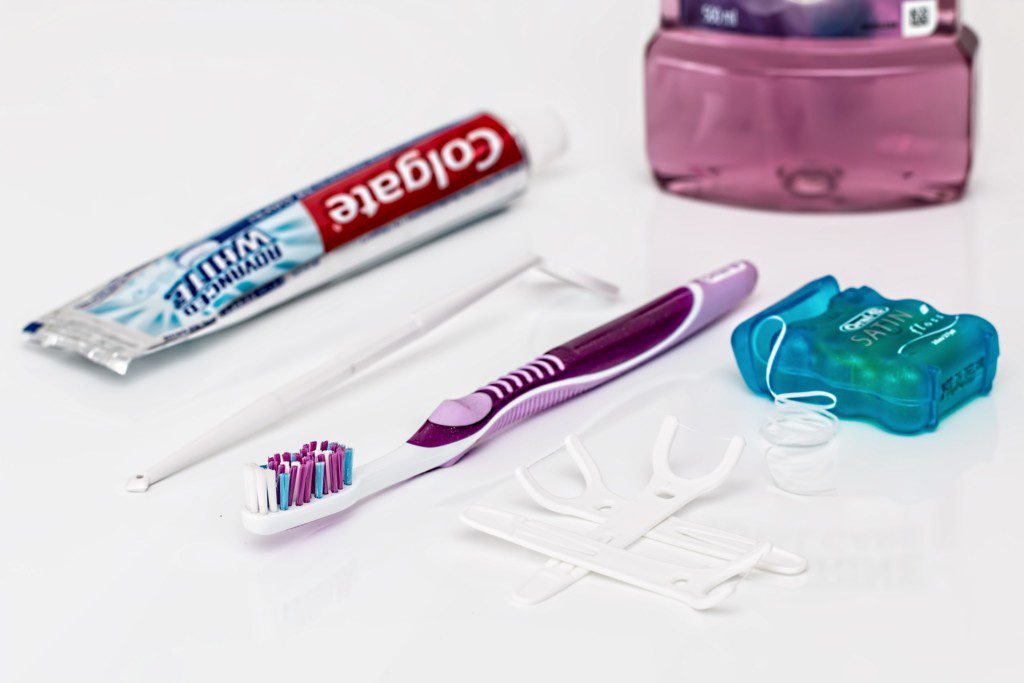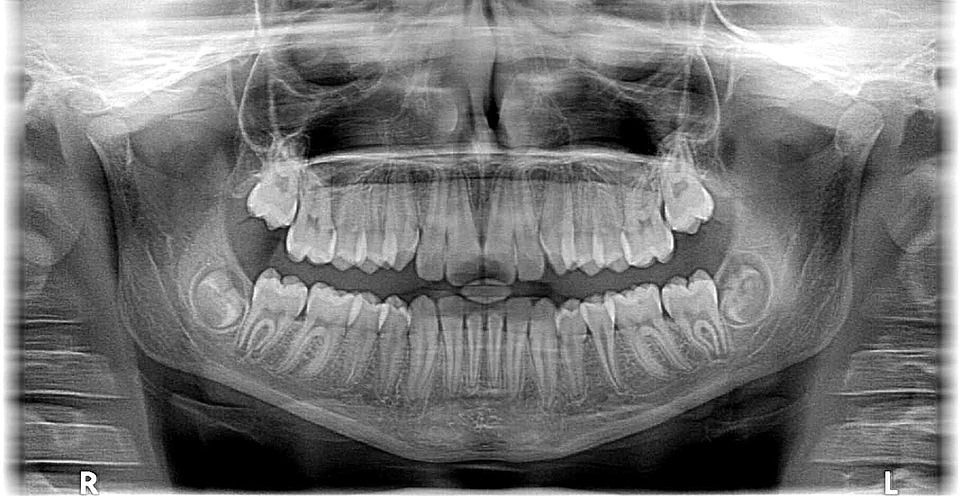Other Articles,
Warning Signs of Wisdom Tooth Trouble
By Buttercup 7 Day Dental 09th Nov 2017
Unfortunately problems with our wisdom teeth is one of the most common, painful and disruptive oral health issue that we experience in our lives. Therefore it is important that you know the warning signs of a troublesome wisdom tooth so you can identify the issue as early as possible. Thankfully the treatment is relatively simple with outright results, and as a result of this; the removal of a wisdom tooth is the most common procedure carried out in the UK.
We’re going to talk you through some of the most common symptoms of wisdom tooth pain, the complications they can cause as well as the treatment routes to prevent the pain or remove it entirely.
Maybe you are experiencing a pain that you think might trace back to the furthest corner in your mouth, or maybe you’re curious. Either way, we hope this blog post can help you on your way.
If you are suffering from tooth pain and think it might be your wisdom teeth contact us here or book an appointment online.
Wisdom Teeth 101
Your wisdom teeth are found at the back of your gums, and are often referred to as your third molars. Most adults have 32 teeth, including 4 wisdom teeth, one in each corner of your mouth and are the last teeth to come through, if they come through at all.
They normally grow (erupt) through between the ages of 17 to 21 and can often cause issues because there simply isn’t enough room in the mouth for the wisdom teeth to grow properly. Due to this lack of space the teeth can come through at an angle or only partially push through the gum. This is what is known as impacted wisdom teeth, and more often than not these impacted wisdom teeth will need removed.
When To See A Dentist
If you are experiencing severe pain or discomfort from your wisdom teeth, you should make an appointment with your dentist as soon as possible. Check out our article on what to do when you have a dental emergency.
Your dentist will be able to check your teeth and advise you on further treatment and whether they will need to be removed or not.
Wisdom Teeth Warning Signs
Not all wisdom teeth will cause problems, even if they are impacted it might be painless, and you will only need to visit the dentist if pain arises.
Symptoms that mean you should visit the dentist include:
- Pain when biting or chewing
- Throbbing or aching pain in the back of your mouth
- Swollen and tender gums
- Difficulty opening your mouth
- Bad breath
- Pain around the jaw or ear on that side of your face
- Headaches
Problems Caused by Impacted Wisdom Teeth
As mentioned not all wisdom teeth will cause pain or problems.However, some impacted wisdom teeth that haven’t fully broken through the surface of the gum can cause problems with your dental care further than just pain. This is normally due to food and bacteria getting trapped around the edges and crevices caused by the breaking of the gum, which is turn causes infection and decay.
- Gum Disease (gingivitis)
This happens when the plaque releases toxins that irritate your gums making them red, swollen and cause bleeding. - Tooth Decay
Due to the plaque developing from the trapped food and bacteria, wisdom tooth problems can cause tooth decay as the plaque breaks down the enamel on the surface of the tooth, causing cavities. - Pericoronitis
This is when the soft tissue around the tooth because infected from the plaque and can dangerously spread to the throat or the neck. - Cellulitis
This is a bacterial infection in the cheek, tongue or throat - Abscesses
These can occur when pus collects in your wisdom teeth, or the surrounding tissue caused by bacterial infection - Cysts
Less commonly cysts can develop from a wisdom tooth not pushing through the gum properly.
Pain Relief From Wisdom Teeth Problems
The best way and more often than not, the only way to treat a toothache is to go and see your dentist. Then you can be certain you are getting the safe and required treatment you need.
However, until you get an appointment with your dentist there are a few ways to treat wisdom teeth pain at home.
- Salt Water Rinse
Salt water has natural disinfectant properties that can help reduce bacteria in the broken gums that can be the source of the pain.
Mix half a teaspoon of salt in 8oz of cooled boiled water. Swirl it around your mouth for a couple of minutes before spitting down the sink. You can do this a few times a day as necessary. - Ibuprofen
Over the counter pain relief like ibuprofen can definitely help reduce inflammation of the gums and that throbbing pain that comes with it. Make sure to follow the package directions and recommended dose to keep safe and help relieve discomfort. - Numbing Gel/ Benzocaine
A numbing dental gel that contains the active ingredient benzocaine can help reduce the feelings in the gums therefore numbing the pain.
You can get these gels over the counter and you apply the gel directly to the affected gums throughout the day. Again, keep safe by following the packets instructions.
Sometimes household items such as an ice pack, chewing on an onion, clove or peppermint, and soaked tea bags can all be used to relieve wisdom tooth pain.
While these remedies can reduce pain caused by wisdom teeth, they are only short-term solutions.
When wisdom teeth become impacted, a dentist will normally advise that they be removed to provide long-term relief.
Removal of Wisdom Teeth
If your dentist thinks you may need your wisdom teeth removed, they’ll usually carry out an X-ray of your mouth. This gives them a clearer view of the position of your teeth and the relative ease at which it can be removed.
Before the procedure, you’ll usually be given anesthesia to numb the area around the tooth. You’ll feel some pressure just before the tooth is removed, but apart from that the procedure should be entirely painless thanks to modern medicine and a calm hand of an experienced dentist. In some cases a cut may be needed in your gum, and the tooth may need to be cut into smaller pieces before it’s removed.
The time it takes to remove the tooth will vary. Some procedures only take a few minutes, whereas others can take 20 minutes or longer.
After your wisdom teeth have been removed, you may experience some swelling and discomfort. This can be on both the inside and outside of your mouth lasting for between 1 or 2 weeks.
Prevention
You can’t stop your wisdom teeth coming through, but there are things you can do to make sure the gums are less likely to become infected.
- Practicing good oral hygiene: Brushing teeth twice a day, flossing, and using mouthwash can help reduce the bacteria in the mouth that cause infections.
- Drinking plenty of water: This helps to flush food and bacteria away from the teeth and gums.
- Avoid sugary foods: Sweet foods can get stuck inside the broken gums, encouraging bacteria to grow.
If you have any other helpful tips feel free to leave a comment below. And don’t forget to share this post so you can help other wisdom tooth sufferers too!
Similar Posts
Teeth Straightening For Adults: The Low Down On Adult Braces
By Buttercup 7 Day Dental • 11th Jan 2019
Buttercup: a dentist in Glasgow with a big difference
By Hannah Kemp • 08th Jun 2020







